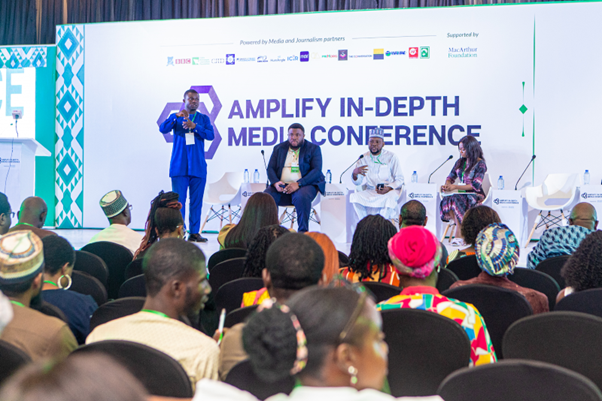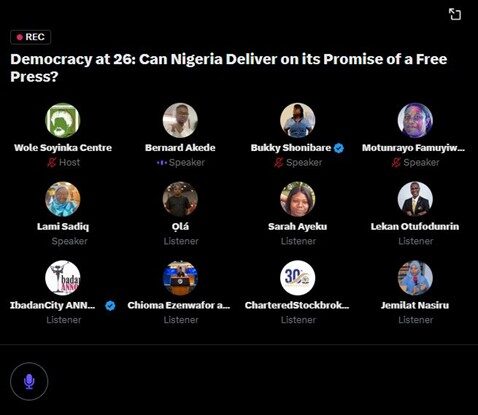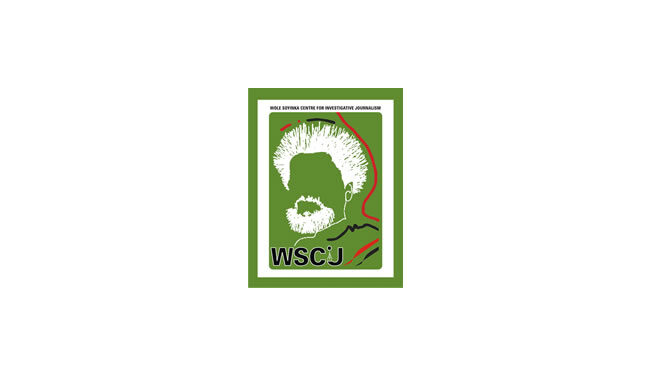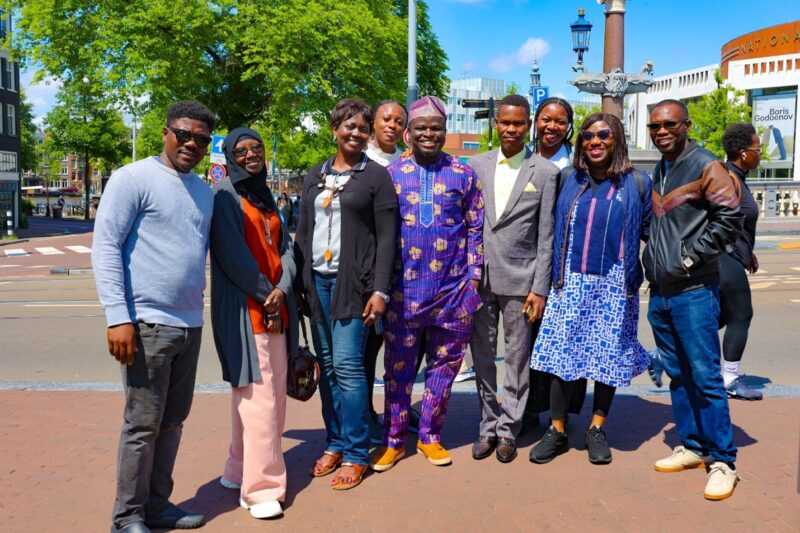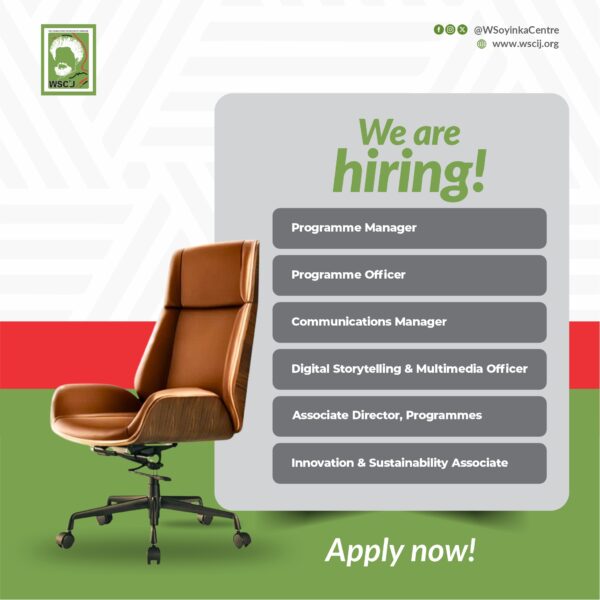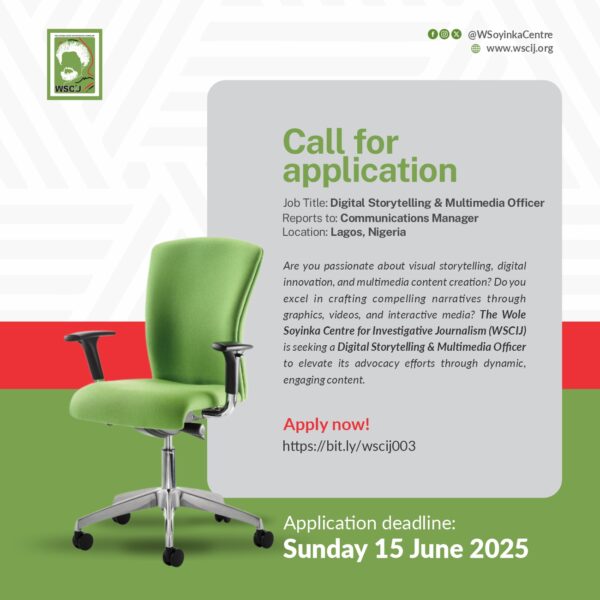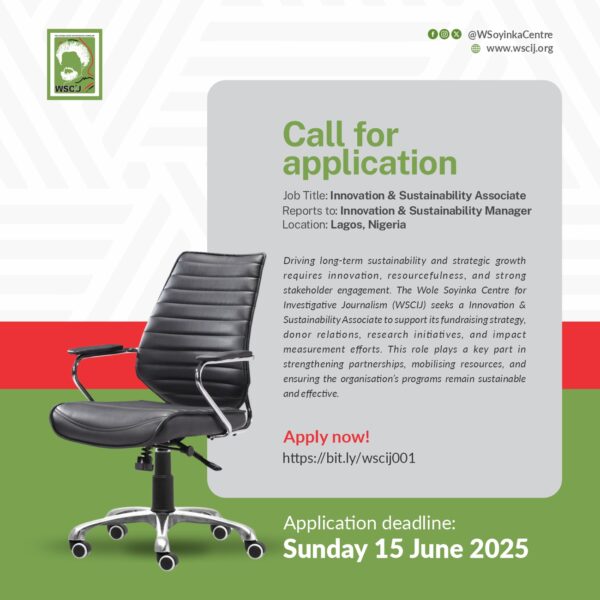Media stakeholders have called on journalists and media organisations to take introspection seriously, as industry players seek to strengthen financial stability and independence. The stakeholders made this call while speaking on a panel conversation at the 2023 Amplify In-depth Media, (AIM) Conference.
The Panel discussion which focused on the theme for the conference’s keynote address ‘The Independent Media Equation: Policies, Ownership, Technology and Sustainability’ emphasised on the need for stronger media business models.
One of the panellists, Naziru Mikail, Editor-In-Chief, Daily Trust noted that one of the emerging concerns is the need for legacy media to look beyond the current traditional models they operate.
He said: “The media has had challenges historically because of the kind of ownership structure we have, and we need to come up with a more sustainable approach.
“A couple of organisations have been gravitating towards a financial model that is independent of ownership control. Daily Trust is currently experimenting with a number of ides, with the support of partners and donors and there are other organisations doing same.
“For Legacy media like Daily Trust, we need to look beyond being a newspaper. We need to realise that circulation money can longer sustain us. It hasn’t even been able to cover staffing for a while; advertisement is shrinking, and the problem of ownership seeking to control the narrative. There is no denying that financial stability and sustainability is a big deal.”
Also speaking, Deji Adekunle, Programme Director, MDIF/Nigeria Media Innovation Program (NAMIP) highlighted the need to scale self-accountability, especially in managing the impact of policy and technology.
He said: “The impact of policy and technology on the media space is an ongoing one and our focus should be on accountability. We need to introspect and decide on the best way to hold ourselves accountable. Other subsets of the media is regulated but for journalism, it’s a little more nuanced. . We need to create stronger structures for accountability, the current pockets of conversation around accountability are not holistic enough.”.
Speaking further on policy, he said there was a need to focus on press freedom and called on media organisations to see the impact of technology on publishing as an opportunity.
“The greatest issue with policy framework in Nigeria is Press Freedom. We need to accelerate the work stakeholders are already doing.
“The current social media framework where everyone is a publisher is not a threat but an opportunity. It is becoming clear even more that we need media organsations who value accuracy, verification and give context to issues,” Adekunle said.
In his contribution on enabling media policies, Naziru said the needs of the media should betaken into consideration in designing policies that support business across the country.
He said: ”One key area missing as it relates to policy is how media business can be supported and improved because the media is also affected by economic situation and this shows you the position we are in. We need to go back to the drawing board; review our mechanism and see how we can improve what we currently do. We also need to understand that the relationship between the media and political space is a marriage of convenience. We must find ways to improve and diversify.
“In countries like Australia, Canada and the United States, the national regulators are exploring ways to ensure that digital platform such as Facebook and Twitter support the more traditional media.”
The stakeholders also called for the setup of a National Ombudsman that will bring together players from the industry so that media regulation is not in the hands of politicians whose only concern is ensuring that certain stories are not published against actively looking for ways to support the media.

